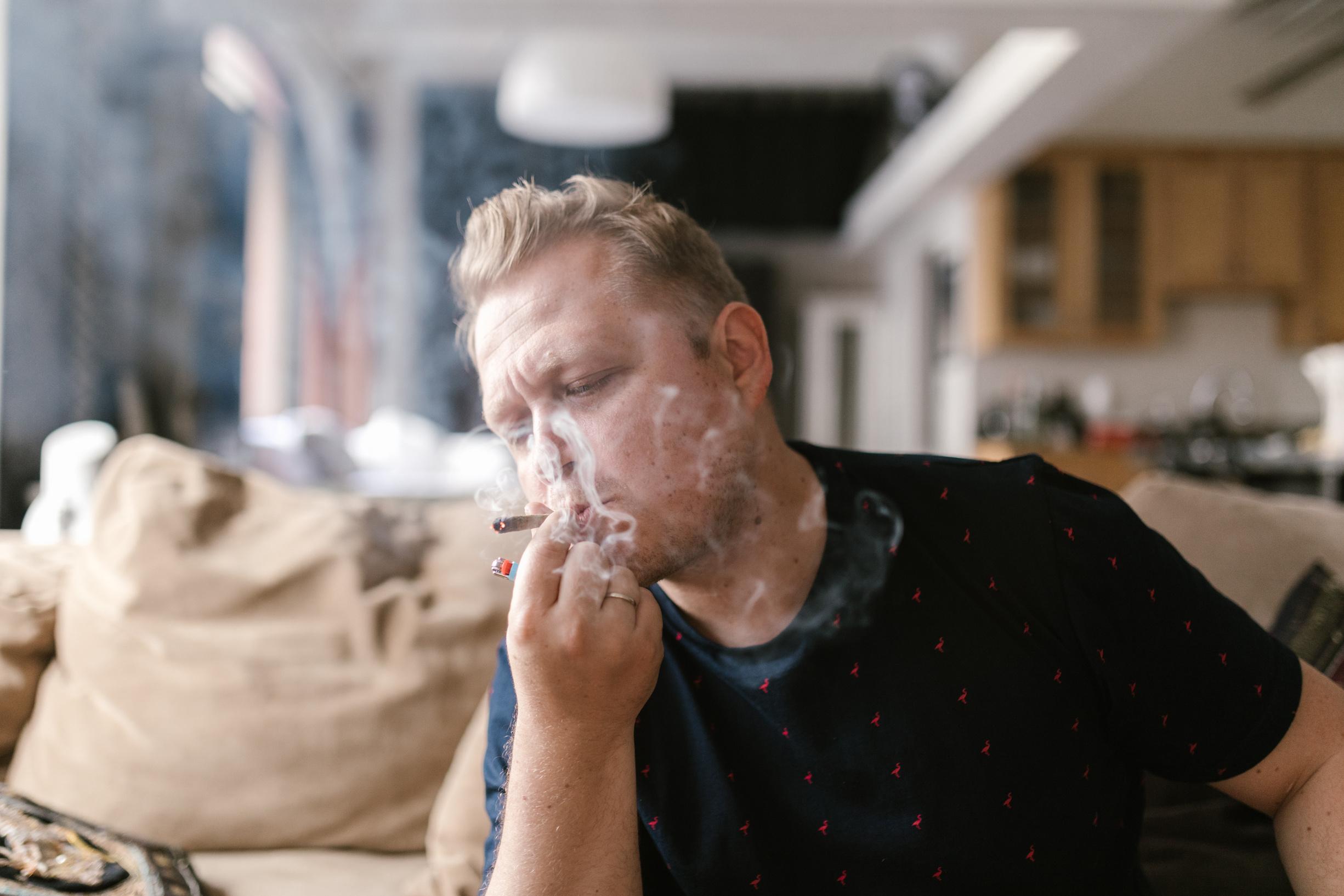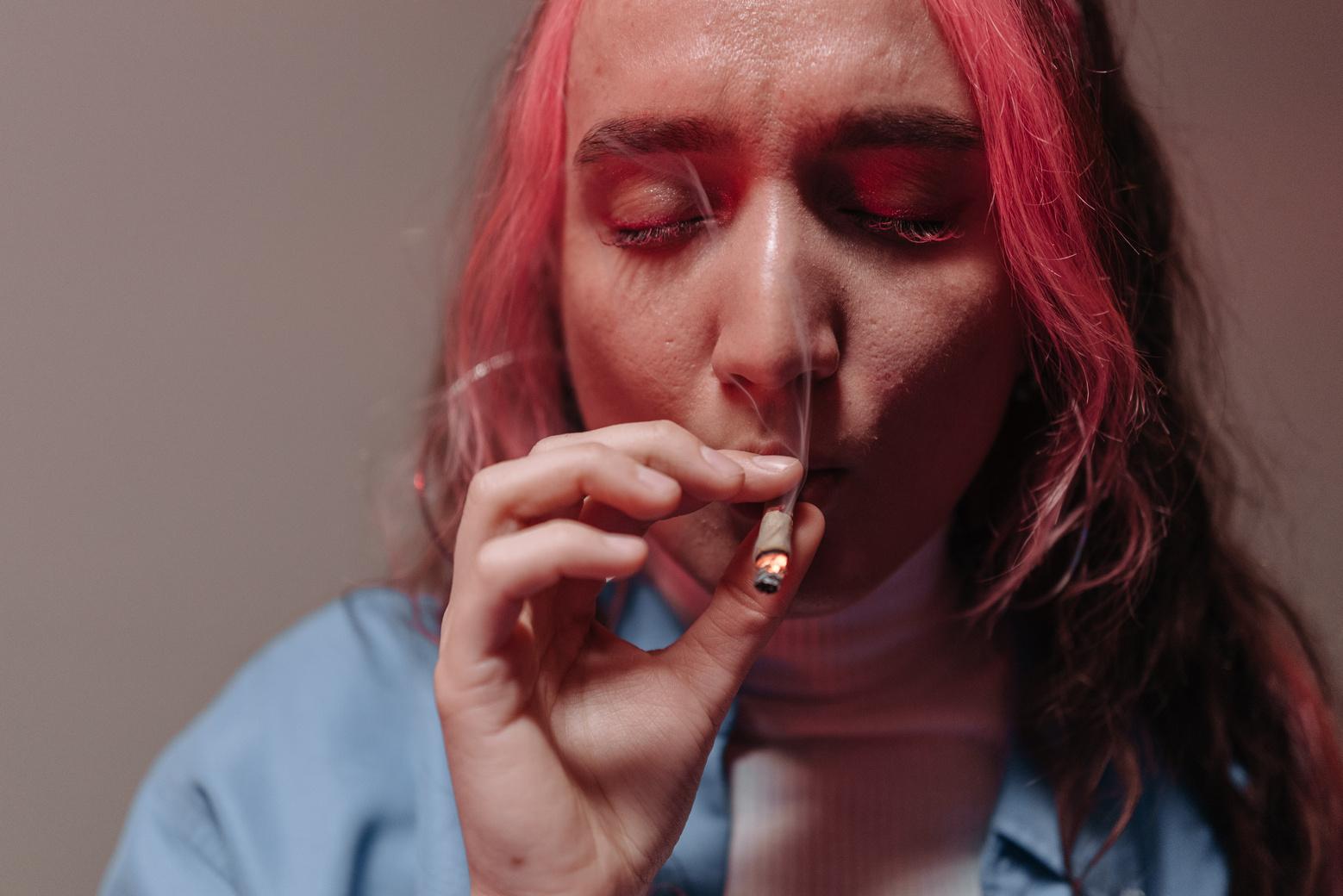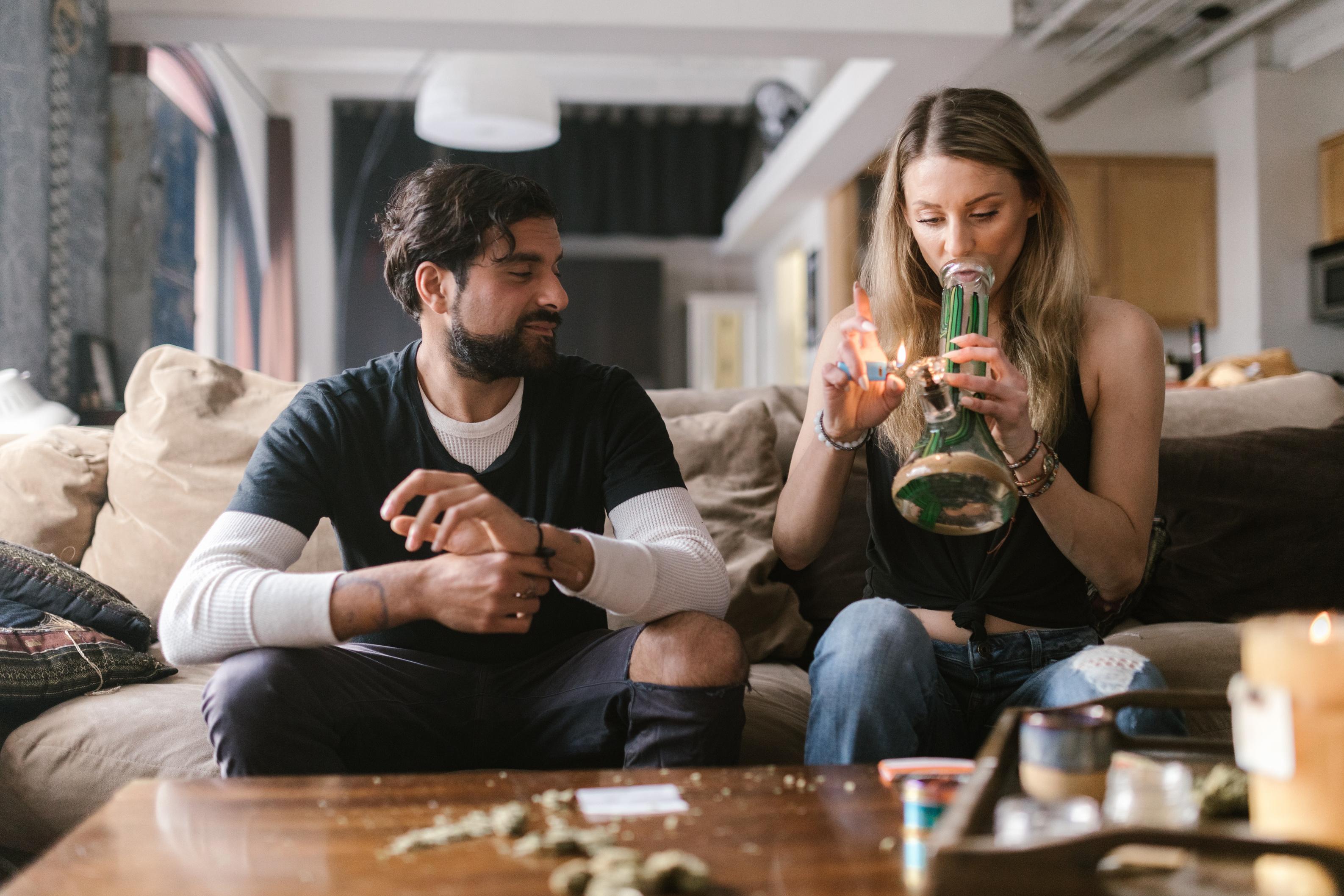
5 minute read
KIDS & CANNABIS
Kids and Cannabis
by Alesha Wilson, M. Ed.
Advertisement
Whether you have chosen to explore the benefits of cannabis yourself or if you have chosen to adopt someone else’s experience (and therefore their mindset) – it makes a big difference in how you explain the plant to your child.
It is my opinion that parents should not give up their power to propaganda-driven sources, but retain that power through education.
There are multiple mindsets about cannabis. The two most common are medicinal and recreational.
If you look up the cultivars (aka strains) for the cannabinoid and the terpene profiles that have been proven to help ailments before going into the dispensary, you most likely have a medical mindset when it comes to consuming cannabis. If you choose products based on their smell or flavor, that is still considered medicinal, because it is your body telling you what will work for you. If your mindset is recreational, you are less bound by cannabinoids, terpenes, and dosages – but may find it harder to justify it to your child. Overall, I recommend a factual explanation of the plant.
Explain to your child that the plant has healing properties. If they need visuals of how plants can heal, show them how an aloe vera plant heals a sunburn or how lavender helps them relax or sleep.
Explain to them that cannabis works in similar ways yet requires more research to figure out how much each patient can take, and also explain that like regular medicine, if taken incorrectly, it will make us sick.
If your child needs further explanation of the upsides of cannabis, biographical programs like Mount Kush, can help unfold the benefits of the plant for children with ailments (i.e., Palsy, seizures, or Chrone’s). These types of programs will also explain the difficulties of the industry being able to provide treatments based on current laws.
Don’t forget to mention that your state requires a medical license to consume, if that is the case. One parent explained to her child, “ ...ithelpsus sleepbetterand I’dprefernotto takeanykindof pills. ”
The mother mentioned that she has seen too many people get addicted to prescription pills and other drugs which destroy their lives.

Like other mothers I spoke to, her experience with cannabis effects doesn’t change her as a mother and when she first obtained her medical marijuana license, she explained her medicinal intent to her children and they seemed to be very receptive. Like adults, children usually handle the truth brilliantly.
Living in Oklahoma, all consumption should be medicinal. However, for those of you who
you might have questions coming to you from a different angle. Your child may wonder if you are sick or become concerned that you are breaking the law because of something they have heard. As a former teacher and school counselor, I know the curriculum and message that was used during my tenure and for those of you who lived out the Reagan years remember all too well Nancy’s war on drugs and the image of our brains on drugs. However, as an educator, I saw the advantages of recess and the benefits of releasing the frustrations that come from learning or being cooped up, and like children and recess, cannabis has the potential to give the adult consumer a similar pause in their day.One user stated,
“I consume cannabis to give myself a break… a break from thethoughts that can lead to stress…a break from the self-doubt that keeps me from pursuing my dreams…or an opportunity to open parts of my brain that I don’t get a chance to use very often-which is usually the creative side that make me feel energized.
This may sound like the definition of recreational, but in the field of medicine, it has become important (or should be important) to treat the whole person and not just pills for symptoms. With that said, do not expect children to believe your “medical” explanation, if they witness you consuming irresponsibly. I do have one more option. You could rely on the school system to explain cannabis to your child.
This is not necessarily a bad option, but remember to always investigate who is responsible for the information being disseminated to your child through the school district. Please note, the curriculum on prescribed and non-prescribed drugs may not have changed with the legalization of cannabis. According to sources in the Oklahoma school system, the curriculum has not changed. When asked about the curriculum, one assistant principal states,
“The word cannabis is not used; marijuana is used and it is referred to as a plant that is similar to tobacco and “smoked” in the same manner. There is no mention of gummies, pill forms, or topical forms.





She is aware that students bring up questions about medical cannabis during Guidance classes, however, it seems the topic of discussion is swift and to me would likely leave the students left wanting for more information.
It is my opinion as a former educator and counselor that schools are not equipped to educate our children on the variables of cannabis. And they should not be expected to. It is the consumers responsibility to know and educate themselves on the intricacies related to cannabis and should seek out experts in the field if more information is needed. Do not let the only education your child receive on the topic of cannabis be during the yearly Red Ribbon Week in October. Isthereauniversalwaytoexplaincannabistoyour children?Theanswerisno.Thereareveryseldom universalsintheworld,especiallyintheworldofa child.Yourchildexistsinaworldwithalotofexternal constraintsandprovidingchildrenwiththetools necessarytoexplainyourcannabisconsumptionto otherswillonlyassistwiththeirconfidencewhen theyencounterdifferentopinionsonthesubject.










